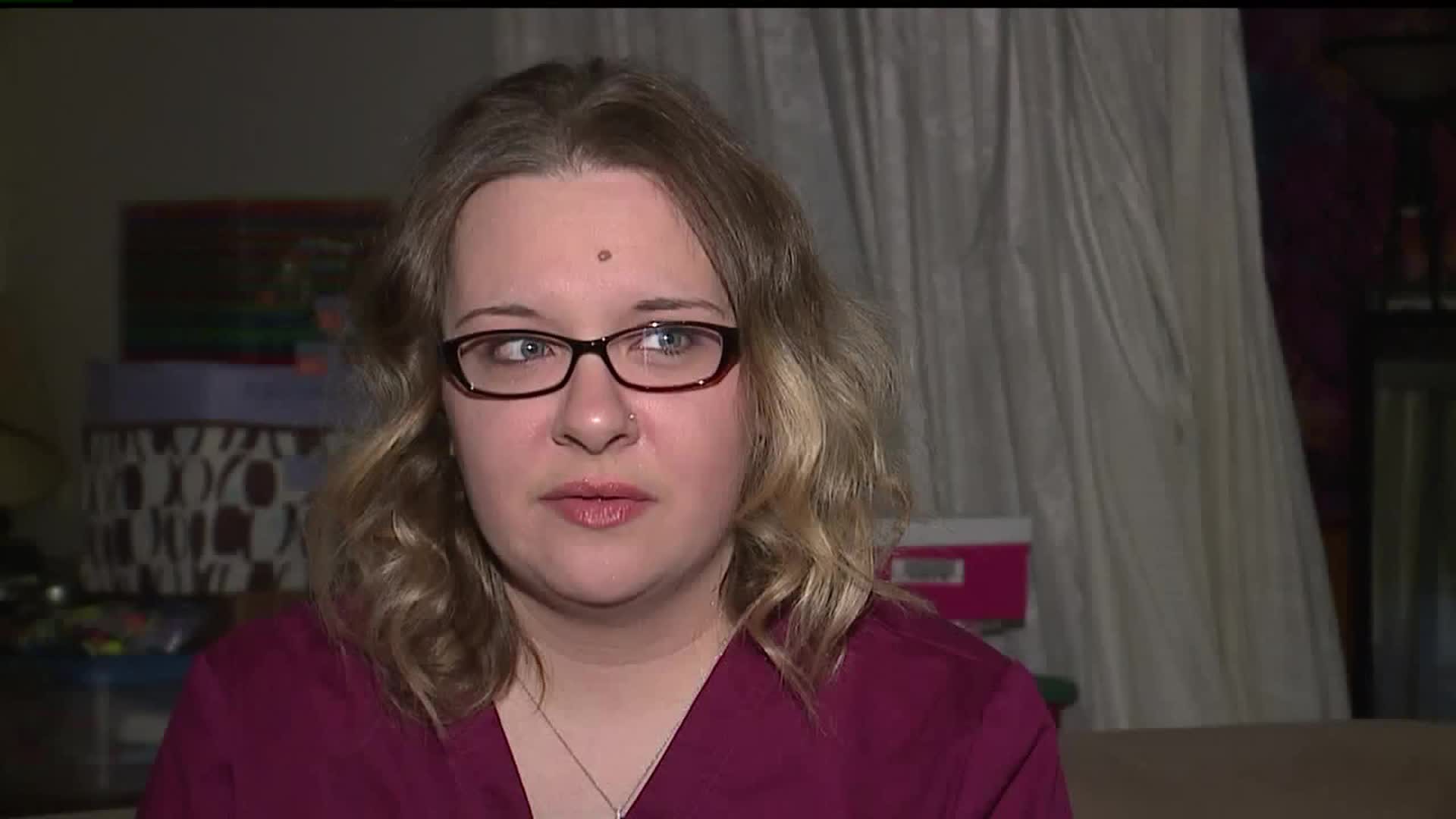Christina Roden believes the state opioid prescription drug guidelines are creating another epidemic, so she is speaking up in hopes of creating change.
"It's like we're being forgotten," she said of the thousands of chronic pain patients like herself who she feels are being overlooked. The single mother of 3 in Dauphin County suffers from endometriosis, a debilitating disease with no cure.
"There are days that an 800 ibuprofen will work, but there are days when no way, nope, it's not going to get me through," Roden said.
Pennsylvania Health Secretary Doctor Rachel Levine says the series of guidelines are just that, recommendations on how doctors should safely prescribe opioids.
"We have to bend this curb, because it is the biggest public health crisis that we have, but at the same time, we do not want people to suffer. Doctors have not been told that you cannot prescribe opioids," Dr. Levine said.
Still, many medical professionals are shying away from them for fear they will be professionally scrutinized. Dr. Andrea Benton works at Hershey Medical Center and says many chronic pain patients use opioids the way they are told to, without any history of abuse.
"Despite that there has been abuse and problems with their use, I don't think it makes them a medication that shouldn't be used or shouldn't be taken. There's a place for them and maybe it's going to take time to work through that and maybe get people to understand that," Dr. Benton said.
Pam Keller, a Nurse Practitioner at Hershey Med, agrees.
"I think in some ways by all the perimeters that they are putting on opioids and how we prescribe them, they are actually creating the same problem that they're trying to prevent. It is extremely frustrating because I want somebody to feel better. That's why they are here, that's why they are in front of us, that's why we do what we do," Keller said.
Adding to their difficulties, many pharmacies are now starting to dispense only small amounts of narcotics, and many health insurers are denying coverage for them, making it extremely costly for patients.
"They're not the ones that have the patient sitting right in front of them, that can actually touch and feel and talk to- we don't just arbitrarily pick those types of medications out of a hat, there are reasons behind what we are doing," Keller said.
For most physicians, opioids are typically prescribed as a last resort. Roden says, from physical therapy to acupuncture, she's tried everything. "Do you know what it's like to not be able to get out of bed or even want to stay in bed all day just because you're in so much pain and then the next day, because you were in so much pain you're so tired because it took everything out of you," she asked.
And she has a strong plea for officials as she worries about what the future will look like for chronic pain patients.
"Think about if it was your daughter....or your wife.... don't forget about us," Roden said.
Right now, there are guidelines adopted for 10 various medical specialties. You can find them on the PA Department of Health's website, health.pa.gov.

